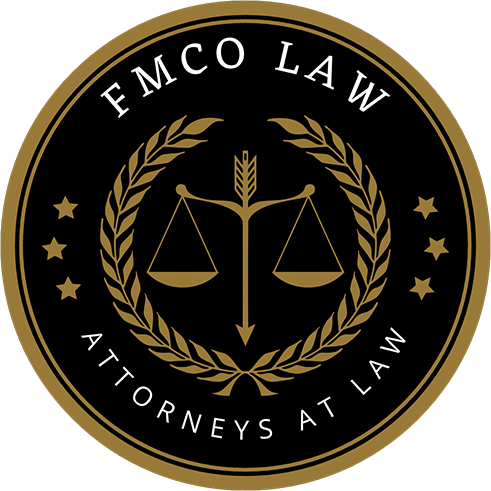People and businesses rely on power tools to accomplish their dreams and goals. They put much trust in tool manufacturers to make safe, effective products. But sometimes, defective power tools make it onto the market, leading to serious accidents and injuries.
When this occurs, accident victims may have a claim against the tool manufacturer or designer and potentially other parties. If you are ever in an accident caused by a faulty power tool, it is recommended that you take the five following steps to safeguard your rights.
1. Preserve the Faulty Tool
After a power tool accident, it is important to preserve the tool for evidence purposes. Your attorney will need it to demonstrate its faults. If the power tool is in pieces, make sure to gather every part and store it until your attorney asks for it.
Preserving a faulty power tool at worksites may be problematic in some situations. An employer might be tempted to hide or destroy the evidence altogether, which is why immediately securing the power tool after an accident is of utmost importance.
2. Take Photos and Video Footage
Photos and video footage can be powerful evidence of how a defective power tool caused an injury. So snap as many photos from as many angles as you can after an accident. You will want to get shots of any injuries sustained, shots of the defective power tool, and shots of the scene from various angles, but only if possible under the circumstances.
3. Get Your Medical Records
If you have been injured by a faulty power tool, you likely sought medical attention. The importance of doing so lies in the medical report of your injuries recorded in your medical records. You will need this report of your injuries to prove your claim against the tool manufacturer.
4. Meet with a Personal Injury Attorney
As soon as possible after an accident, you will want to meet with an experienced personal injury attorney. If a defective power tool is the cause of your accident and injury, then you have the right to pursue valuable compensation for the damages you incur.
The mountain of expenses you might encounter and other economic setbacks are all compensable in Illinois, meaning you can demand compensation for them. You can also pursue mental and emotional damages.
Common economic losses in personal injury lawsuits include:
- Healthcare-related expenses, such as treatment and medication costs
- Lost income from work and other economic ventures
- Homecare-related costs
Common non-economic losses in personal injury lawsuits include:
- Pain and suffering
- Disability
- Disfigurement
- Loss of consortium and society
When you meet with an attorney, they will inform you of the various options of compensation available, based on the facts of your case. What they will be looking for is proof of liability and proof of damages. These steps help your case because they lead to the collection of the evidence you need to get a worthy compensation payout for your case.
Keep in mind that there’s a two-year statute of limitations for personal injury cases in Illinois. You can lose the ability to claim compensation if you wait longer than two years to take action. Additionally, evidence issues tend to arise the longer you wait.
Legal Representation After a Personal Injury
At Foote, Mielke, Chavez & O’Neil, our attorneys have won over $100 million in injury settlements for personal injury clients from Geneva, IL, and surrounding areas. Regarded as one of the top firms in the metro area and the state, you can trust FMCO to fight hard for you. Call today for a consultation and case review.

